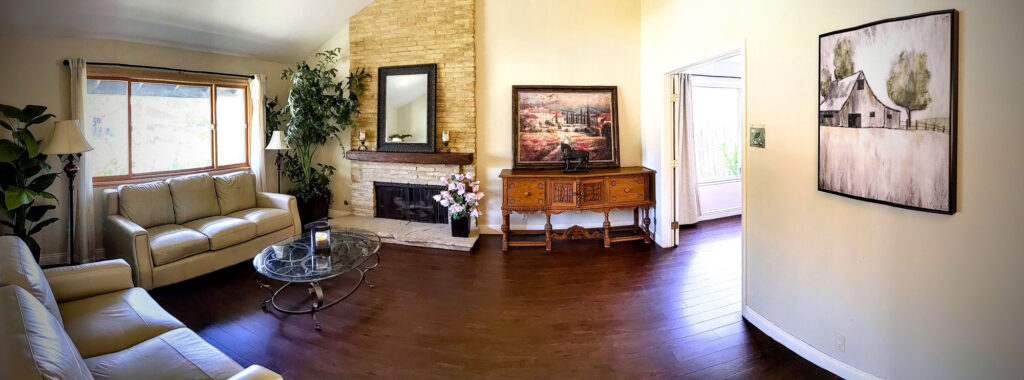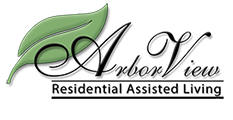Recognizing a need for assistance
The first step in providing appropriate care is recognizing when a need is present.
Often the need for assistance can be challenging to determine. Physical and cognative decline are often gradual. Social coping mechanisms and witty responses can mask a deficit. No one wants to need assistance, so discovering a need for support should be done passively. Initially it is wise to tread lightly. Families are to play a supportive role and may face opposition if challenging thier loved one’s pride.

How do I know if my family member needs Assisted Living?
There are several signs that a family member may need assisted living. Here are some common ones:
- Difficulty with Activities of Daily Living (ADLs): If your family member has trouble with basic tasks like bathing, dressing, grooming, or using the restroom, they may benefit from assisted living.
- Cognitive Decline: If your family member has memory loss, confusion, disorientation, or difficulty with decision-making, it may be time to consider assisted living.
- Safety Concerns: If your family member has fallen, experienced a medical emergency, or is at risk for accidents or injuries due to mobility or other health issues, assisted living can provide a safer environment.
- Social Isolation: If your family member is living alone and experiencing social isolation, loneliness, or depression, assisted living can offer companionship and socialization opportunities.
- Caregiver Stress: If you or another family member are providing care for your loved one and feeling overwhelmed, stressed, or burned out, assisted living can provide relief and support.
It’s important to note that these signs may not always indicate a need for assisted living. It’s important to have open and honest communication with your family member and their healthcare provider to determine the best course of action for their care.
